Niste Baieti cover Romanian hits of yore
Top five lists don’t often get blown up. Look at the drama it caused Rob in “High Fidelity” when he had to admit to himself that Laura had to be included among the Top 5 All-Time Breakups.
Last night, Niste Baieti, a makeshift punk outfit from Bucharest, broke into my Top 5 concerts list, which now looks like this (again, in no particular order).
* The Arcade Fire at MoJo’s in Columbia, Missouri.
* Something Corporate at The Blue Note in Columbia, Missouri.
* Marilyn Manson at The Pageant in St. Louis, Missouri.
* The Decemberists at The 9:30 Club in Washington, DC.
* Niste Baieti at Red District in Targu Mures, Romania.
Niste Baieti (Some Guys) rocked and if you ever have a chance to see them, drop the cooking and dishwashing and go! Their punk covers are the best thing that ever happened to Romanian pop hits of the 1980s and early 1990s.
But before we get to their show, let’s put the rocking out in context.
No matter how things have changed for Targu Mures (bars, restaurants, indie theaters), there is no underground rock scene worth one’s time and money. The local bands that do exist are still caught in the hardcore age pioneered by bands like Deftones a decade ago. No offense, but hardcore is about as dead as Michael Jackson’s career and wearing a NY Yankees cap over a shaved head sporting a goatee wasn’t cool even during Fred Durst‘s better days.
So Targu Mures despite a budding music scene (more noise than skill), a summer rock festival and minor concerts is still not the place to rock out in. Which is why it was great that the “Oldies but Goldies Tour” of Niste Baieti stopped here.
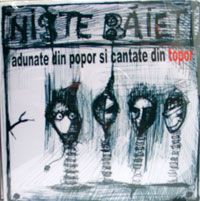 I knew they were coming because Lavi and Sandra both posted their tour poster. Still, I had no clue what venue they would play in and there was no advertising in town (a flyer for their Cluj concert mistankenly listed the band as Niste Oameni–Some People).
I knew they were coming because Lavi and Sandra both posted their tour poster. Still, I had no clue what venue they would play in and there was no advertising in town (a flyer for their Cluj concert mistankenly listed the band as Niste Oameni–Some People).
A friend had to call the band’s bass player to confirm that indeed the only club they could perform in was Red District, a dungeon with no stage. What it does have looks like a ditch where the singer can climb out of to engage the troops.
There were few people present and the great majority were 16-17 year-olds carrying their trusted, always bulging, backpacks. There was even an opening band from Targu Mures called Claymood. With all respect and gratitude for their decision to pick up instruments and rock, they sucked. Screaming lyrics in bad English is not engaging, no matter how much firepower is behind the bass or the drums. My bias has always been for storytelling in music and by God, there is very little of that in hardcore.
Claymood had no story, no presence and their songs packed no punch despite their supposed heaviness. They have a young bass player and a young guitar player, which will hopefully go on to bigger and better things than angry riffs to accompany a poor man’s version of an angry lead singer.
You can listen and download Claymood on their website or stream them on MySpace. I was positively touched by their decision to cover System of a Down’s “Sugar” and the Guano Apes 1998 smash “Lords of the Boards.” But when you cover within your genre, you’re not doing yourself any good–you’re just reminding people that you really can’t cut it.
Niste Baieti (three members of E.M.I.L. and one from Molotov Cocktail) were next. The easiest way to describe them is to call them a Romanian version of Me First and the Gimme Gimmies, the American punk outfit that has covered loads of big American tunes from the past 50 years. The main difference seems to be that a lot of the Gimmies tracks sound like tributes, while the Niste Baieti covers sounds like mockery.
But the truth is that Romanian pop-rock music of two decades ago was souless, spineless and quite creepy at times. What Niste Baieti have done–more or less consciously–is reclaim the time we spent as kids singing along to dumb anthems like “O lume minunata” (“A wonderful world”). To me, they took ten tracks which we heard over and over at musical festivals and TV shows and made us feel less guilty about wasting time with them when they came out.
Geo and I screamed and jumped and yelled and went crazy when the band launched into a cover of the theme to “Tezaur Folcloric,” a Monday evening staple from the days of yore that broadcast the latest in Romanian folklore as approved by the ladies and gents of the party. It continued in the same fashion through giants like “Un actor grabit” (“A hurried actor”), “Un copac cu flori” (“A tree with flowers”) and the aforementioned “O lume minunata.”
A wonderful world in which you’ll find
Only children
A world with sun and lots of toys
For the children.
I have no idea if the kids in the audience knew these tracks (they probably didn’t)–they came of age long after the era of “muzica usoara” (light music) waned–but I don’t care. This was one of those rare shows where one feels the band is singing just for them. Thursday night in Targu Mures I can say that Niste Baieti sang for me and made me feel great (and sweaty and tired).
They were so good that I actually bought their CD (the second time in my life I buy a record at a show after Tilly and the Wall’s “Wild like Children”). It was the best $3.5 I spent in Romania. The boys are still on tour (check dates here) and you should see them if you can because this record probably won’t get a wide release.
* Download Niste Baieti – Un actor grabit.

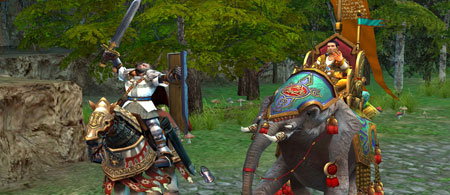
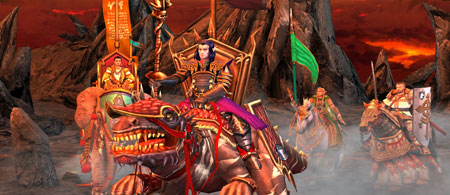
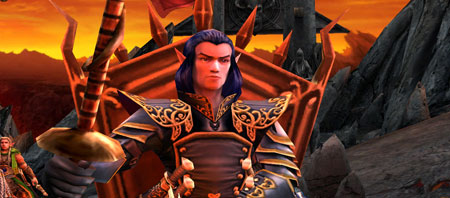
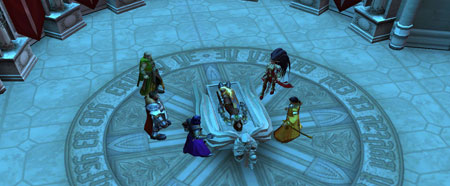
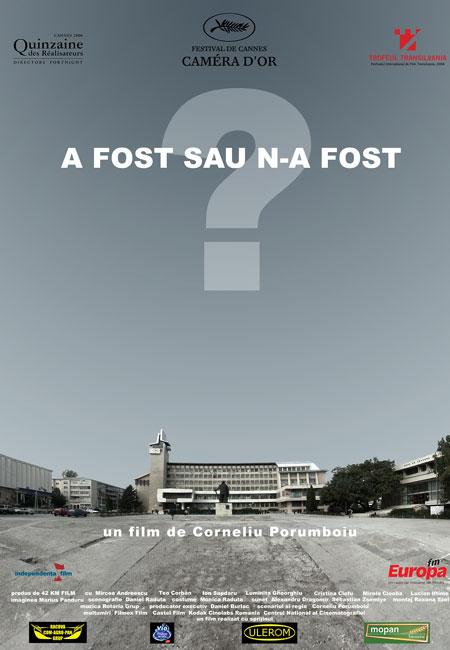

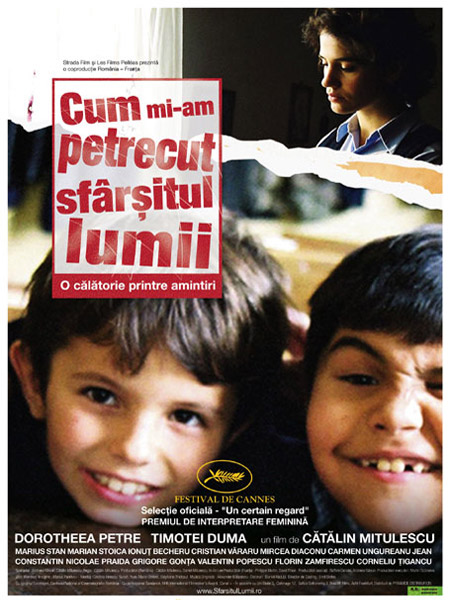
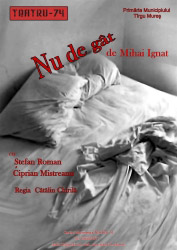 Those are the questions tackled by “
Those are the questions tackled by “